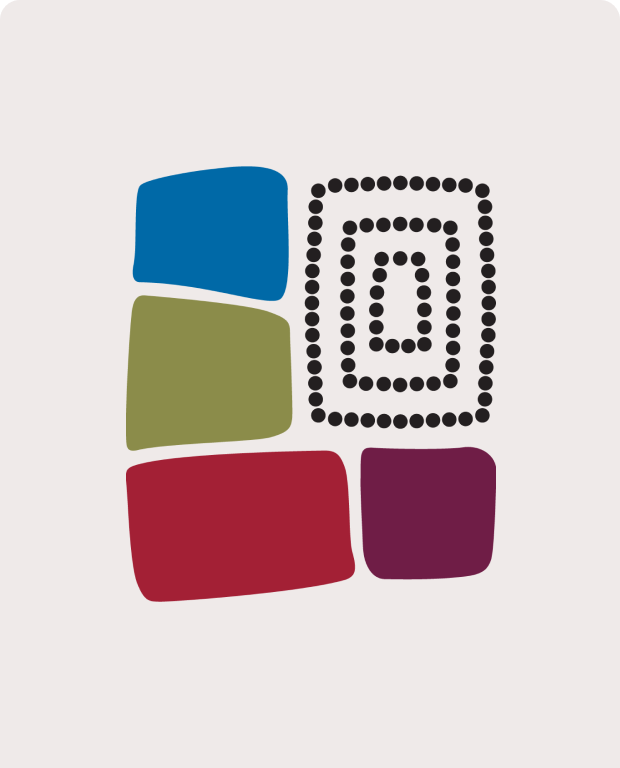Cultural connectedness for Aboriginal and Torres Strait Islander adolescents

Project aim
To investigate the ways in which the cultural determinants of health and well-being sustained the development of healthy psychosocial resilience for Aboriginal and Torres Strait Islander adolescents.
Objectives
- Establish the role cultural connectedness plays in negotiating the pathways to psychosocial resilience for Indigenous adolescents.
- Quantitatively determine the differential influence of risks and protective factors for psychosocial resilience, including cultural connectedness, suicide and educational engagement.
- Integrate findings into professional practice.
Project team
Project leader: Dr Roxanne Bainbridge, Senior Research Fellow, The Cairns Institute, James Cook University,
Project partners: Education Queensland Transition Support Service
Administering organisation: James Cook University Project timeline: 1 July 2018—8 November 2018
Methodology
This mixed-method research used the following methodology for the research activity:
- A systematic review of Indigenous adolescent resilience interventions and programs was carried out, closely followed by a survey.
- Yarning circles were used to generate information which was collected for qualitative and quantitative analysis.
- Knowledge Sharing Forum was used as a dissemination method to share information with the participants.
Project findings
The research produced two models that can be useful guides in the decision-making process and practice of those engaged in supporting adolescents’ health and social, emotional and cultural wellbeing needs, in ways that are meaningful to them. These models are:
- A demonstrative model that shows the structure and relationships between factors such as cultural connectedness and psychosocial resilience.
- A resilience pathway model for Aboriginal and Torres Strait Islander adolescents.
The research findings indicate that when Aboriginal and Torres Strait Islander adolescents are actively engaged in developing their own solutions, benefits are maximised. The research showed potential benefits particularly for Indigenous communities and health and education service providers.
Project outcomes
|
Knowledge |
|
|
Awareness |
|
|
Behaviour |
|
|
Skills |
|

